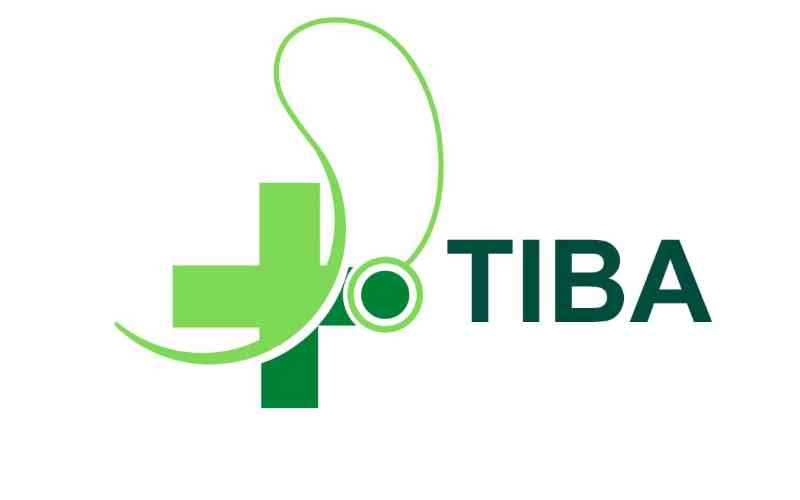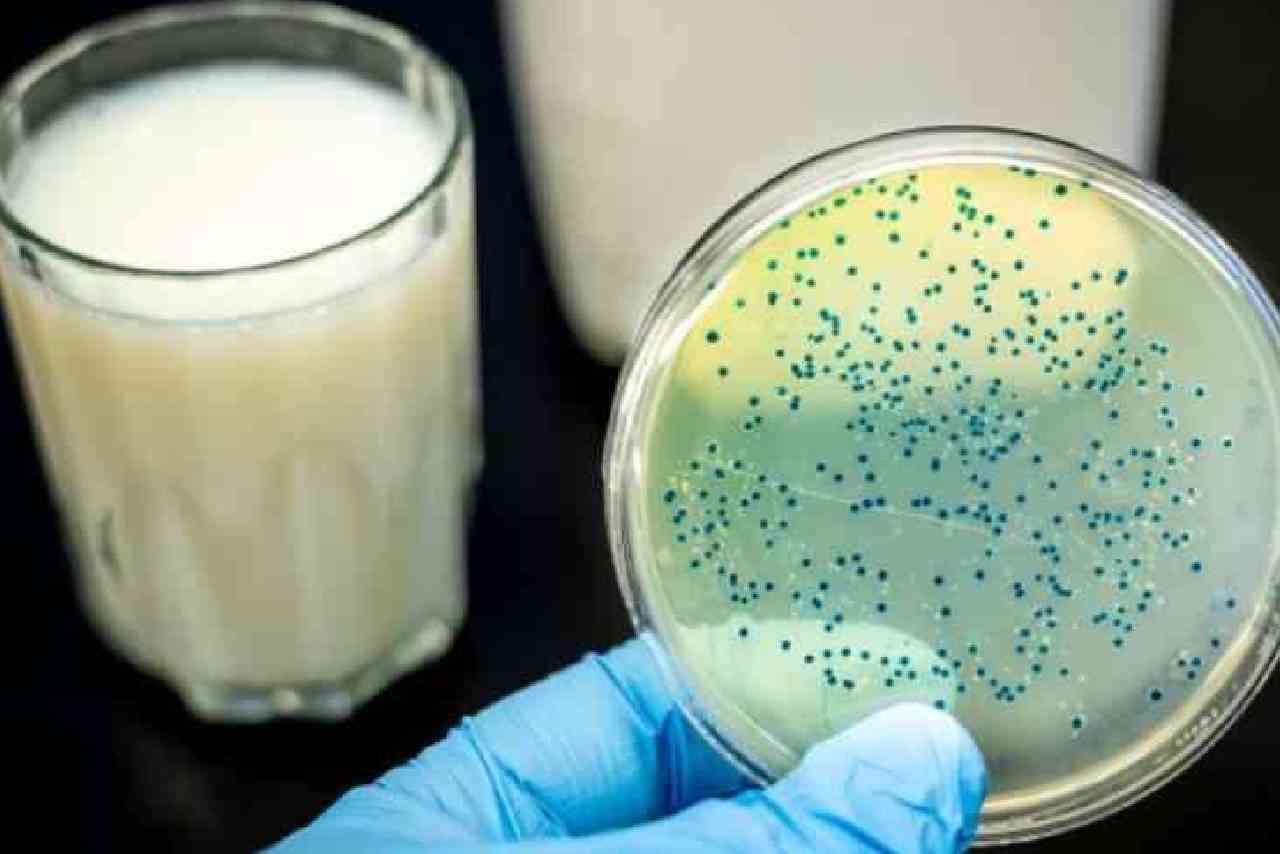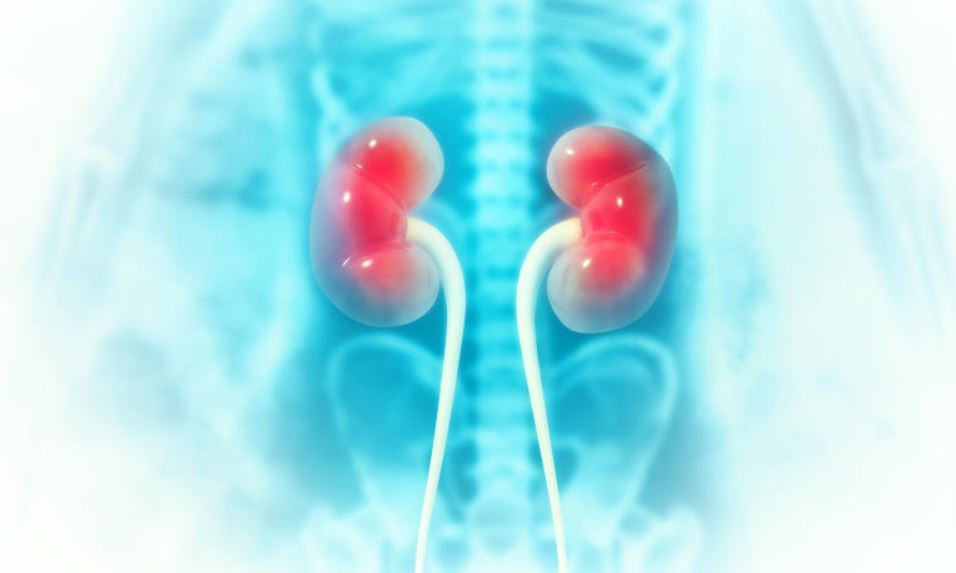
A study published in Nature Climate Change shows that higher temperatures are driving people to consume sweeter drinks and frozen desserts. Researchers led by Dr Pan He of Cardiff University, working with the University of Southampton, analysed data from between 40,000 and 60,000 US households over 15 years, spanning from 2004 to 2019.
The findings reveal that when monthly average temperatures rise from around 12°C to 30°C, added sugar intake increases by about 0.70 grams per degree Celsius. The study highlights that the rise is mainly from sugar-sweetened beverages and frozen desserts like sodas or fruit-drinks with added sugar.
Households with lower income or with less education show stronger effects: under those conditions, temperature rises produce larger increases in added sugar consumption.
The team points out that warmer weather increases thirst and makes cold, sweetened products more appealing. Sugary options are often cheaper and more accessible than healthier chilled alternatives. These insights suggest climate change not only impacts agricultural production and food security but also the types of foods and drinks people reach for in hotter weather.
These findings have relevance beyond the US. For Kenya, the study carries important implications. Kenya’s food environment has been changing rapidly and what we eat and drink may be shifting in ways that could hurt health.
Why sugary intake increases as temperatures rise? The US study offers some clues. First, warmer weather increases thirst and the appeal of chilled or cold items. Drinks with sugar are often cheaper and more readily available than healthier chilled options. Second, people with lower incomes or lower education are more sensitive to temperature fluctuations, perhaps because of less access to cooling, water, shade or healthier alternatives.
Consumption of ultra-processed foods is growing, with about 8.1 per cent of calorie intake now coming from packaged processed foods. Sugary drinks are widespread, and the Kenya Demographic and Health Survey 2022 found that 70 per cent of women of reproductive age reported consuming sweetened beverages, while 35 per cent regularly consumed unhealthy foods.
The same survey shows that obesity among Kenyan women has risen from 38 per cent in 2014 to 45 per cent in 2022, while the rate among men stands at 19 per cent. Health experts warn that excess sugar consumption is a major risk factor for obesity, type 2 diabetes, heart disease and dental problems. Studies conducted in Kenya already link higher sugar consumption to increased dental caries among children and adults.
The World Health Organization recommends that adults and children reduce their daily intake of added sugars to less than 10 per cent of total energy intake, ideally under 25 grams per day. Yet in many countries, actual consumption far exceeds this, driven by the availability of sugary drinks. The organisation has also warned that diet-related non-communicable diseases now account for the majority of deaths worldwide, with rising sugar intake a key contributor.
Kenya’s challenge is compounded by rapid urbanisation. The growth of fast-food outlets, convenience stores and vending machines has made sweetened beverages and processed snacks easily available, especially for young people. School-aged children are particularly exposed, often opting for sodas and confectioneries sold cheaply around schools.
Climate projections indicate that Kenya will continue to face hotter and drier conditions, particularly in arid and semi-arid areas. This raises the risk that as temperatures climb, people may increasingly opt for chilled, sugary drinks and frozen products as observed in the US study. This could intensify the already growing burden of lifestyle-related diseases.
Public health organisations are responding. A 2025 report by the Access to Nutrition Initiative found that 90 per cent of packaged foods and beverages sold in Kenya would require warning labels for high sugar, salt or saturated fat if new nutrient profiling regulations are adopted. Meanwhile, proposals for taxes on sugary drinks have been under discussion as a way to reduce consumption.
The US study shows how warming can nudge behaviour towards less healthy dietary choices. The warning is clear for Kenya: the combined pressure of rising temperatures and an increasingly processed food market could accelerate health challenges if no measures are taken. Investing in awareness campaigns, ensuring access to clean water, strengthening food labelling, and creating policies that make healthier options affordable and appealing could help counter these risks.
If rising heat does encourage more sugar consumption, then public health authorities might need to plan ahead. Possible steps include promoting access to clean water and cooling, better labelling of packaged foods, education campaigns about limiting added sugars, and perhaps regulation or taxation of sugar-sweetened beverages.
Climate change may do more than change weather and harvests, it may also shift diets in ways that increase disease burdens. Keeping an eye on what people drink and snack on may be as important as keeping an eye on rain and crop yields.
Global warming reshapes daily life, it may also reshape diets. The choices made today in policy, public health and personal behaviour will determine whether the future is one where Kenyans quench their thirst with healthier options or fuel the rising tide of diet-related disease.
 The Standard Group Plc is a multi-media organization with investments in media
platforms spanning newspaper print
operations, television, radio broadcasting, digital and online services. The
Standard Group is recognized as a
leading multi-media house in Kenya with a key influence in matters of national
and international interest.
The Standard Group Plc is a multi-media organization with investments in media
platforms spanning newspaper print
operations, television, radio broadcasting, digital and online services. The
Standard Group is recognized as a
leading multi-media house in Kenya with a key influence in matters of national
and international interest.











